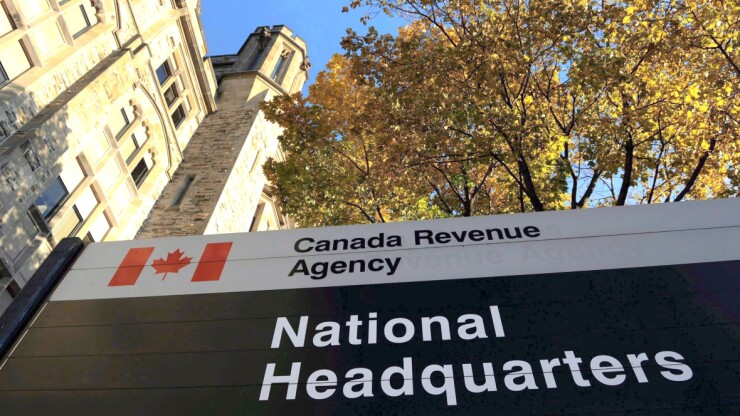CPA Canada is asking the Canadian government to advance a framework for independent assurance over artificial intelligence systems, reengage in the legislative process when it comes to AI, and strengthen AI literacy to support responsible adoption across the country.
On Friday, Chartered Professional Accountants of Canada, the national organization representing the Canadian accounting profession, sent a letter to Evan Solomon, minister of artificial intelligence and digital innovation in Canada, offering recommendations to the federal government calling for better collaboration between industries, incentives that support SME adoption, and for trust to be a central pillar of the national AI strategy.
The letter noted that AI training should reinforce the importance of human oversight, particularly in professions and applications that require high accuracy, ethical judgment and completeness. "Ensuring that humans remain central to critical decision-making mitigates risk and fosters trust in AI outputs," wrote CPA Canada president and CEO Pamela Steer.
"Canada's ability to attract AI investment and scale innovation depends on transparent governance, consistent forms of assurance, and a workforce that understands both the potential and the limits of AI," said Melissa Robertson, CPA Canada's principal of AI research and thought leadership, in a statement. "That means collaboration between sectors, CPAs at the table and investment in tools that help smaller businesses adopt AI responsibly."
CPA Canada's recommendations included:
1. Modernize Canada's tax system by conducting a broad-based review that includes personal, corporate, and commodity taxes, while ensuring early and meaningful consultation with stakeholders.
2. Reinforce its commitment to economic and productivity growth by eliminating barriers to interprovincial trade and labor mobility.
3. Advance responsible adoption of artificial intelligence by strengthening governance, managing risks, and promoting ethical innovation.
4. Lead a coordinated national effort to adopt the Canadian Sustainability Disclosure Standards as a consistent baseline across the country.
5. Strengthen Canada's fiscal sustainability by ensuring that new spending commitments are accompanied by clearly identified savings and anchored in a credible fiscal framework.
6. Strengthen Canada's anti-corruption and anti-money laundering efforts by introducing a national and comprehensive whistleblower reporting and protection framework.
CPA Canada acknowledged that Canada has taken some promising steps, but contends the country's broader regulatory environment is still underdeveloped. As other jurisdictions move ahead, Robertson said Canada should move beyond voluntary codes of conduct and accelerate a formal regulatory framework that embeds trust, accountability and measurable oversight.
"Strengthening trust in AI demands more than innovation or policy," Robertson added. "It requires genuine cooperation. By bringing together government, industry and assurance professionals, Canada can lead in building a competitive AI ecosystem that drives productivity and economic growth."
In June 2022, the Canadian government tabled the Artificial Intelligence and Data Act as part of Bill C-27, the Digital Charter Implementation Act, and the bill died before the last parliamentary session concluded. However, there's an existing law known as the Personal Information Protection and Electronic Documents Act that governs data use, and Canada has introduced a voluntary code of conduct for generative AI use.






